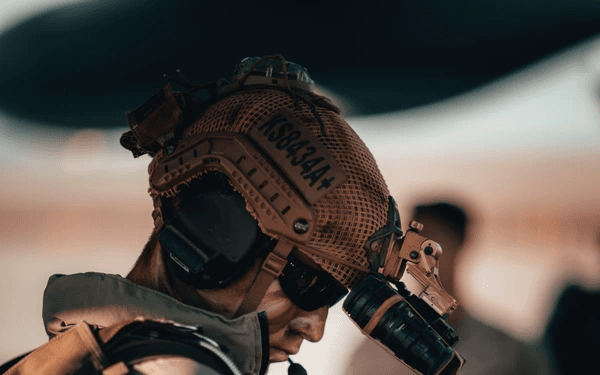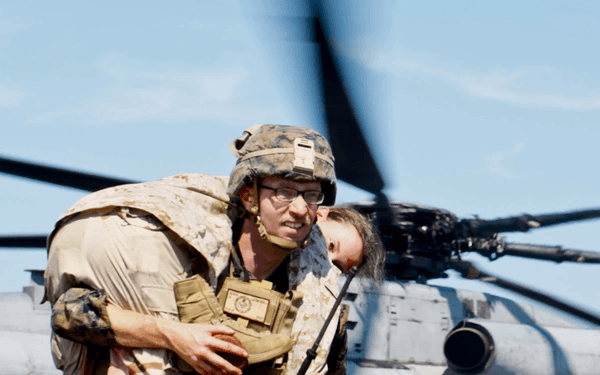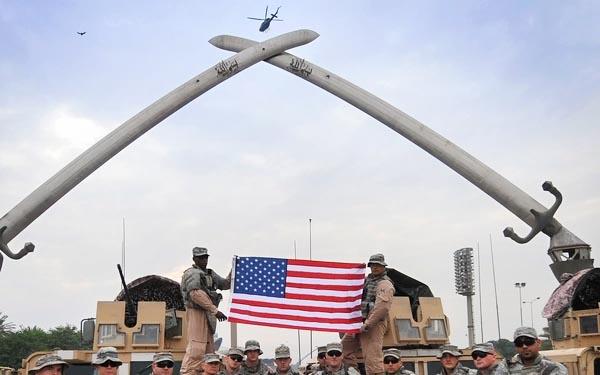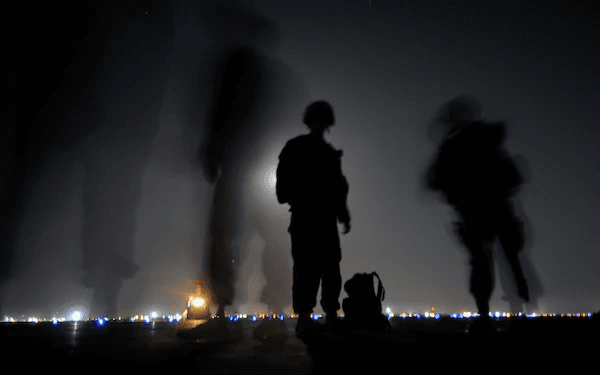Commentary

DoD photo by Sgt. Joshua Chacon
Mike Warnock is the editor-in-chief of The Havok Journal, an Air Force (USAF) veteran, and retired Army Nurse Corps officer. After working 10 years as both a civilian Operating Room (OR) nurse and USAF OR nurse, he served in the Army from 2007–2019. The majority of his 23 years of professional civilian and military service were spent in clinical nursing, which included working in several ORs, in various clinical leadership and staff officer positions, with two deployments to Iraq.
Author’s Selected Articles




